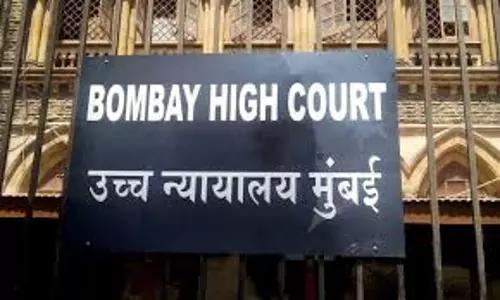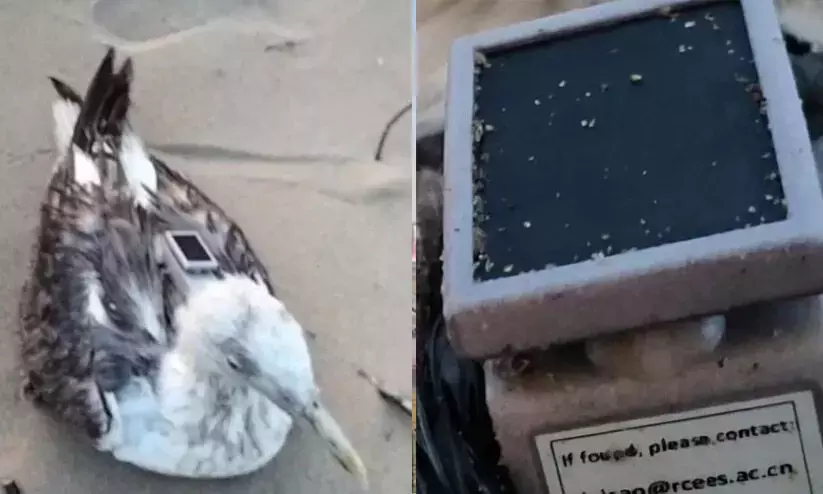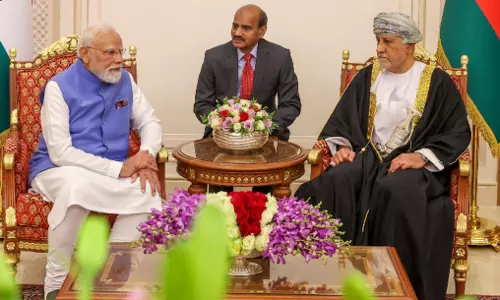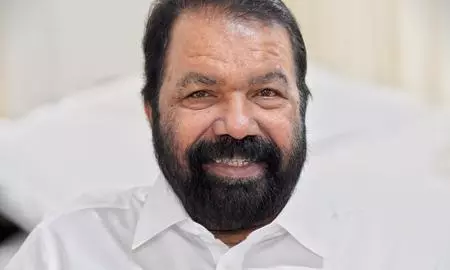
Kerala to challenge Supreme Court ruling on mandatory TET for in-service teachers
text_fieldsThiruvananthapuram: Kerala Education Minister V. Sivankutty on Monday said the state will challenge the Supreme Court’s recent ruling that makes the Teachers’ Eligibility Test (TET) compulsory for all in-service teachers of Classes 1 to 8 in non-minority schools.
The September 1 order requires even those appointed before the Right to Education (RTE) Act came into effect in 2009 to clear TET in order to remain in service and qualify for promotions. Sivankutty warned that the decision could impact nearly 50,000 teachers in Kerala.
“The order will impact a majority of teachers, making promotions and appointments more complicated. Teachers’ associations have voiced concern, arguing that retrospective implementation of TET is unfair to long-serving educators,” Sivankutty said.
He explained that since education falls under the Concurrent List, central laws take precedence, but the state has decided to seek legal recourse, either through a review petition or by asking for clarity on how the order should be implemented.
According to the court’s directive, teachers with less than five years left in service may continue until retirement but will not be eligible for promotion without clearing TET. Those with more than five years must pass the test within two years or face compulsory retirement with terminal benefits.
The order is based on provisions of the RTE Act, its 2017 amendment, and a 2010 National Council for Teacher Education (NCTE) notification setting uniform qualification standards. The court acknowledged the ruling may appear harsh but maintained that minimum standards are necessary to ensure quality education.
“The judgment will have sweeping implications nationwide, affecting lakhs of teachers in government, aided, and private schools,” Sivankutty noted.
He added that Kerala has always safeguarded existing teachers whenever qualification rules were revised in the past, such as for primary and language instructors. He criticized both the UPA and NDA governments for failing to provide such protection when introducing TET.


















